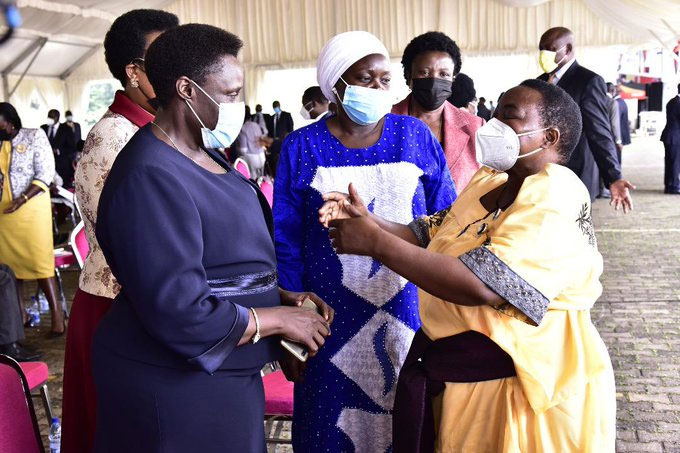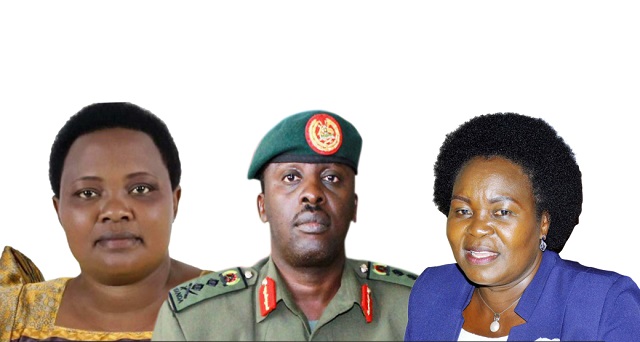
Museveni new cabinet: It’s his fight for survival
COVER STORY | THE INDEPENDENT | When is the reshuffle? That was just one of many shock reactions to the new cabinet President Yoweri Museveni announced on June 08.
After many nail-biting days since the country entered the post-election June cabinet naming period, many of those that caught the president’s eye for the coveted positions were total bombshells.
It’s not unusual for Museveni’s cabinet lists to throw up surprises. Contemporary historians searching for precedent point to 1991, when Museveni appointed Cosmas Adyebo to be prime minister. At that point, the highest political position Adyebo had ever held was as a member of Apac District Council. But he replaced the all-powerful first Museveni era prime minister; the late Dr. Samson Kiseka. He did not last.
This time the President has thrown up not one but many surprises. The toss-up has thrown off speculators, pundits, and so-called power brokers and led some to believe Museveni’s claim that he hunkered underground, alone, to write the list. But of course, most interested parties and journalists have listened to claims of people supposedly drafting the list. Some ended up with “fake” lists. But there was at least the typist who, by Museveni’s own confession, let some names drop off the list.
As usual, however, after winning an election Museveni likes to play politics of reward and retribution. He rewards loyalty with slots at the cabinet table and punishes disloyal individuals and whole regions. He also uses the structure of cabinet to signal priorities by placing trusted cadres in big-budget slots such as finance, infrastructure, education, and health and defense and security.

But, it appears, this time Museveni has been compelled by many external factors to make some expedient forced moves. Factors include his determination to survive and hold on to power, throw off those he does not trust, and renew himself by injecting young blood into his government.
Method in madness
In the end, Museveni appears to have made some perfunctory picks of noise makers and those daring enough to raise their heads. The new Prime Minster Robinah Nabbanja, First Deputy Prime Minister Rebecca Kadaga, and Government Chief Whip Thomas Tayebwa were all involved in the squabble for the positions of Speaker and Deputy Speaker of Parliament. Other appointees, Margaret Muhanga; the designate Minister of State for Health, was a leading backer of Speaker Jacob Oulanyah, and Jacob Oboth-Oboth (Defence) vied for the deputy speakership. It appears that is how they caught the president’s eye; through trading compromises in the jostle for positions.
But there was also method in the madness. President Museveni is officially 77 years old. His previous vice president, Edward Ssekandi was 79 years old. The new one, Jessica Alupo is 47 years old.
Same with the prime minister position. The previous one, Ruhakana Rugunda is 74 years old. The new one is 52 years old.
So Museveni clearly had an eye on age. He brought in many young people; especially women; Diana Mutasingwa (Office of Vice President), Esther Anyakun (Relief and Disaster Preparedness), Alice Kaboyo (Luwero and Rwenzori), Agnes Nandutu (Karamoja), Sarah Mateke (Youth and Children affairs) and many more.
Most of these covered both Museveni’s desire to renew his government with young blood and his survival strategy. Some of them are children of Museveni’s old comrades who are either dead or too old to serve.
The post When is the reshuffle? appeared first on The Independent Uganda:.
from The Independent Uganda: https://ift.tt/3zorPrL
0 Comments